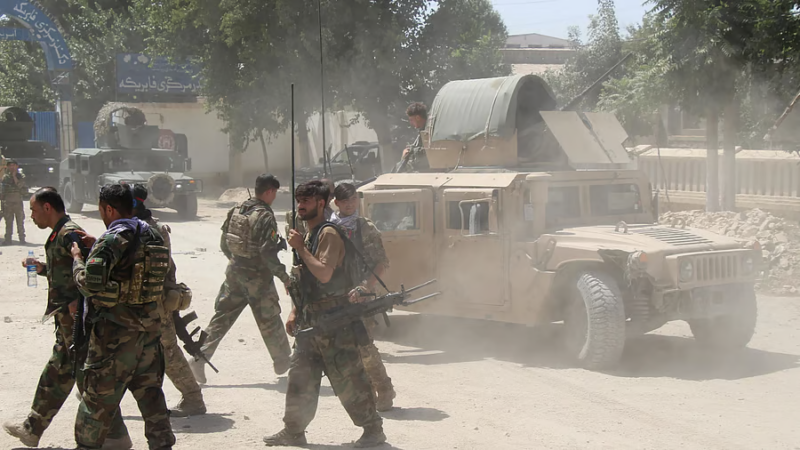Roblox Restricts Features in Middle East Over Child Safety

Roblox Corp. will restrict certain features on its popular video-game platform across the Middle East, including the United Arab Emirates and Saudi Arabia, as child safety concerns and regulatory scrutiny intensify in the region.
The changes include the temporary suspension of Roblox’s in-game chat tool and improved moderation of Arabic content, the company said in a statement Thursday. They also apply to users in countries including Bahrain, Iraq, Jordan, Lebanon, Oman, Qatar, Syria and Yemen.
Roblox has drawn increasing scrutiny in the region since unveiling an Arabic-language version earlier this year. Kuwait, Qatar and Turkey have banned the game over safety concerns.
The UAE’s Telecommunications and Digital Government Regulatory Authority announced the changes in a joint statement with the company on X.
“These updates reflect our commitment to work collaboratively with government authorities across the Middle East as we build a platform that best serves the needs and culture of the region,” a Roblox spokesperson said in a statement.
The platform is particularly popular with younger kids, though in recent years its audience has shifted toward older teens and young adults. The company has faced criticism from researchers and law enforcement for failing to adequately safeguard children from sexual predators and is currently fighting several lawsuits in the US related to child safety.
Roblox has made dozens of safety changes over the past year. Police in the US have arrested at least two dozen people since 2018 accused of abducting or abusing individuals they met or groomed using the platform, Bloomberg reported last year.
On Wednesday, the platform announced it was expanding selfie-based age estimation checks to all users of its text and voice chat tools.
The company has an average of 111.8 million daily active users, according to a statement by the firm last month, who send 6.1 billion chat messages and upload their creations to the service. Many of the games are created by children and teens. About 36% are younger than 13.






